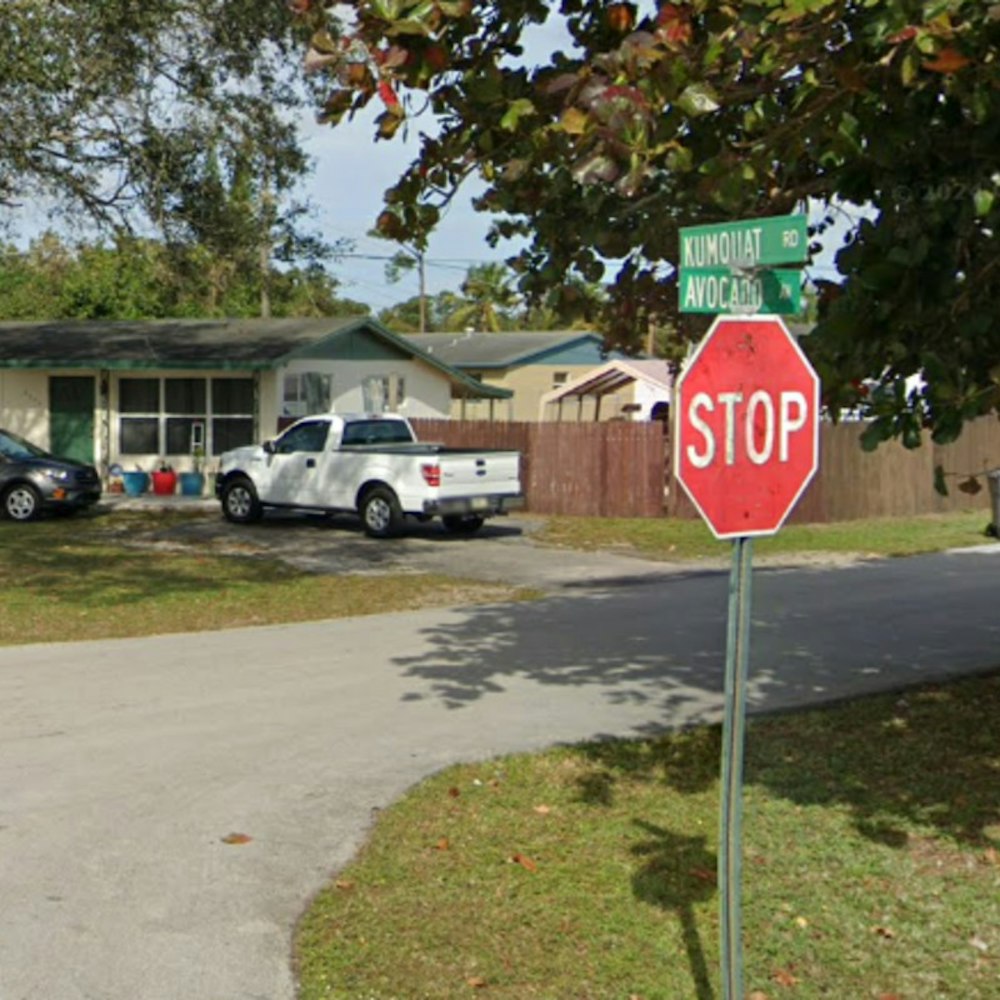
A recent study from Portland State University, highlighted by KGW, is altering the landscape of housing solutions for those grappling with homelessness. The research focuses on the efficacy of different shelter types, reporting that motels and village shelters are superior in leading individuals toward stable, long-term accommodations. Jacen Greene, Assistant Director of Homelessness Research and Action Collaborative at PSU, illuminated the inquiry; he shared that the Joint Office of Homeless Services prompted the university to explore housing models such as traditional congregate shelters, with many individuals in one room, against motel shelters and village shelters, characterized by independent living pods.
While village shelters tout the lowest capital costs per unit, given the donation of land, inherent considerations emerge such as land acquisition costs and pod replacement which the financial practicality may be obscured, as described in a publication by Phys.org. Conversely, motel shelters, routinely more adaptable to transition into housing, face challenges in the initial setup linked to available supply Greene told Phys.org. The study's findings also noted that the approach of aiding someone with housing costs and supportive services aligns closely with the expense of maintaining a congregate shelter bed, and less so than that of alternative shelters.
"We found that placing somebody into housing, paying their rent, and providing supportive services is usually a less costly alternative than any type of temporary shelter, and is the only approach that actually ends homelessness," Greene stated, according to Phys.org. These revelations solidify the discourse on homelessness by advocating for permanent solutions over interim relief. The research outlines a series of strategies to maximize shelter efficacy; including prioritizing shelters with private rooms, sizing facilities for fewer occupants, and positioning services equitably and close to essential amenities, while also integrating feedback from those with firsthand experience of homelessness which goes beyond standard administrative foresight.
The PSU study suggests an interim measure on the path to a more sustainable fix; that any strategy encompassing shelters should be considered a brief palliative until enough housing is put forth to meet current and forecast needs, which ensures stability for those already housed, quick housing placement for those without aligning with the ultimate remedy for a social challenge that has been long tainted with the brush of cyclic despair. The research currents flow towards an undeniable conclusion—the most significant stride against homelessness is not through erecting temporary shelters, but by cultivating an environment where housing is accessible and tenable for all.









